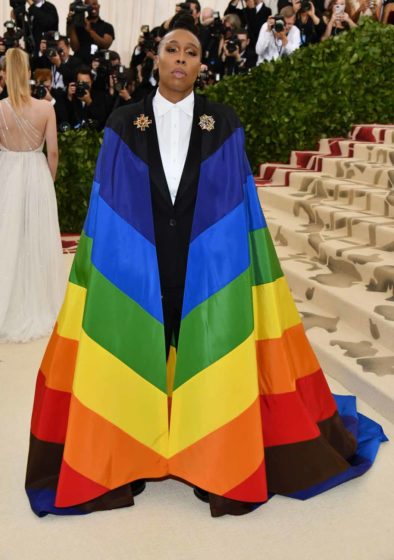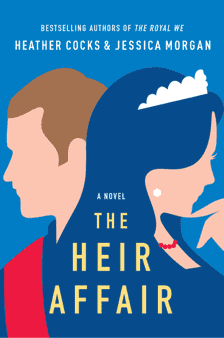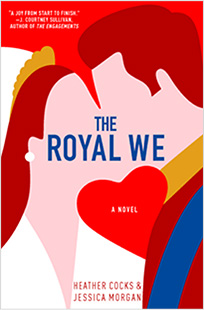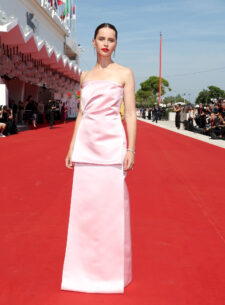Lena Waithe reportedly told stylist Brad Goreski that this look was “for all the legendary children,” and it was deeply affecting to see her cape on this red carpet. She was invited to an event honoring the enduring symbols and imagery of a religion built around core tenets that shun LGBTQ people, and she selected a garment — crafted for her by no less a luminary than Carolina Herrera — that invoked their symbol instead. She therefore, in one swoop of the cape, made it inclusive of those humans and poked at those who would still slam the door on them.
My aim here is not to divide nor to ostracize, but to muse and discuss, the way that Fug Nation does so beautifully. I am referencing Catholicism this way only because it’s included in the theme of the event, and not because I am saying it’s the only belief system with these inherent conflicts. Certainly it isn’t, and certainly I also know many Catholics do not embrace the older viewpoints, but it’s significant here that Catholicism itself is not historically gay-friendly. Time can march on in a progressive direction, but the core writings still say what they say, and many of its more ardent believers still live and die by the letter of those laws. The struggle is, as they say, real. Without intending to make this about me, here is where I am coming from: I was raised Catholic by a Catholic who came from generations of other Catholics; went to Mass every week with my mother until I was 18 and could quietly lapse; and attended a Catholic university, though admittedly I chose it because of football and the student newspaper (that’s how I roll, for better or worse). At the time, support and social groups for gay students were banned by Notre Dame’s administration from meeting on campus, and barred from advertising even their off-campus gatherings in the newspaper — a rule each editorial board gladly broke as often as possible (which was regrettably not often enough), but which was also routinely enforced. During my tenure at the paper, a warm and enterprising reporter named Michelle Krupa — who went on to win Pulitzers in New Orleans — brought in a package of stories she’d been quietly putting together profiling gay students and faculty members grappling with their dual truths: a belief in God, and/or a life amid those who would call themselves devout, and their sexuality. Most were anonymous tales, cloaked by such careful art as a photo of clasped, loving hands wearing promise rings. One was of a priest who had come out, and been ostracized. It was a profound honor to edit those special sections, and they remain some of the work I’m proudest of, even though the lion’s share of it was not my own. But I’m also a lucky one, because I did not have to live those stories. I simply visited them. Some of those people still inhabit them; some of them, it’s my understanding, still have not gone public. The issue of inclusivity at a school that belonged to Catholicism was bubbling to the fore back then, in more places than just that one, and those conversations and tensions are writ ever-larger now as society remains at odds with itself. It’s an issue with so many belief systems: Can you ever truly pick and choose the beautiful teachings and ignore the problematic ones, or is that just sticking your fingers in your ears to drown out the noise? I think a lot of the world grapples with that in innumerable ways every day.
So, I think what Lena did here was brave. It will be unpopular in some places, but I think that’s precisely why it was important. Because Lena Waithe, presumably, couldn’t brook with cloaking herself in the celebratory hallmarks of something that historically refuses to celebrate her. Nor did she simply sit on her hands and stay home. Instead, she used her platform to speak to some tougher truths.
[Photos: Benjamin Lozovsky/BFA/REX/Shutterstock, Andrew H. Walker/REX/Shutterstock, Matt Baron/REX/Shutterstock, Stephen Lovekin/Variety/REX/Shutterstock, Marion Curtis/StarPix/REX/Shutterstock]






















